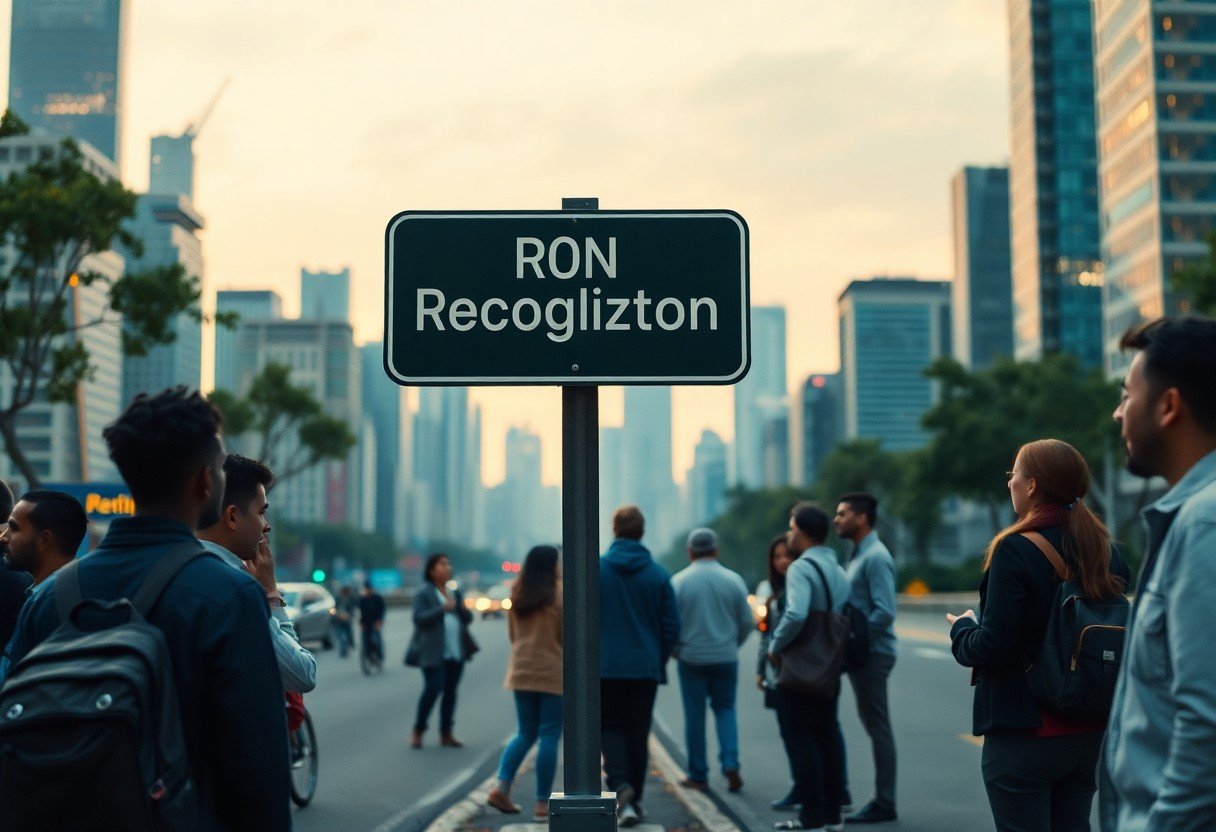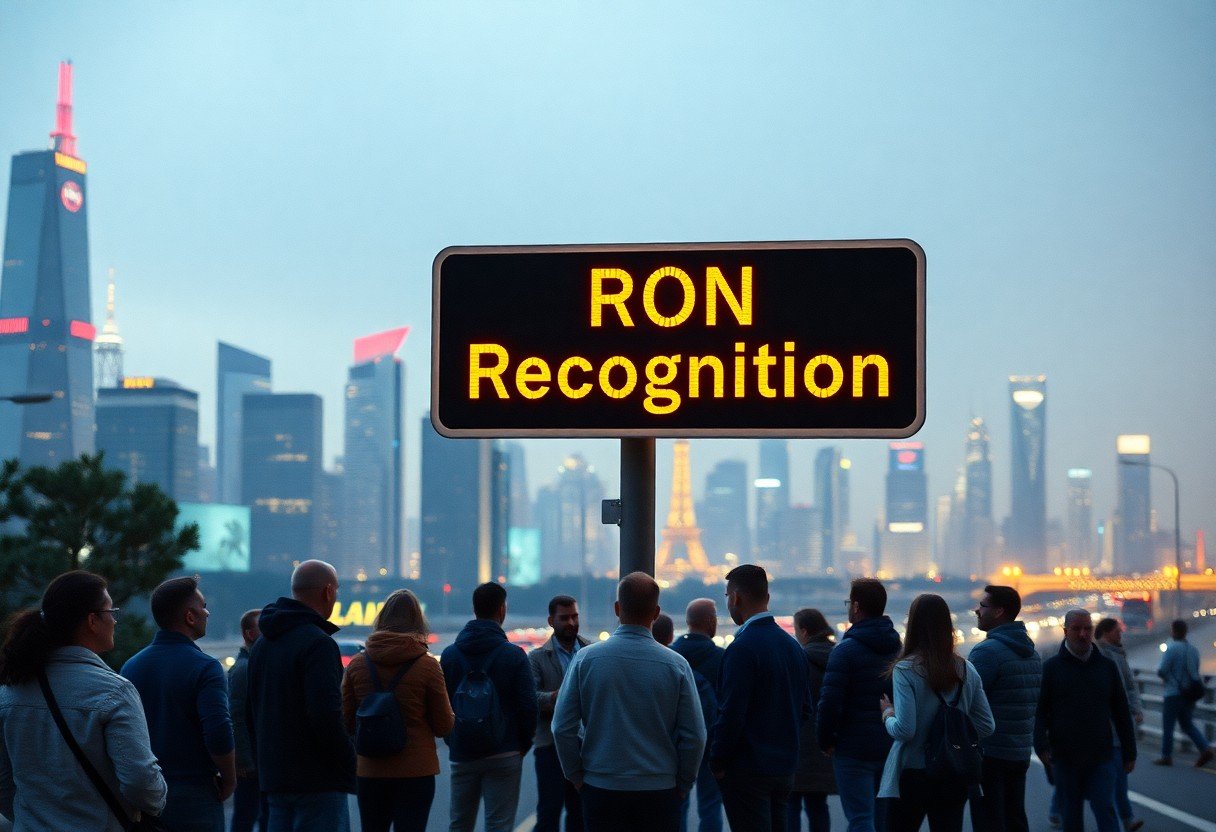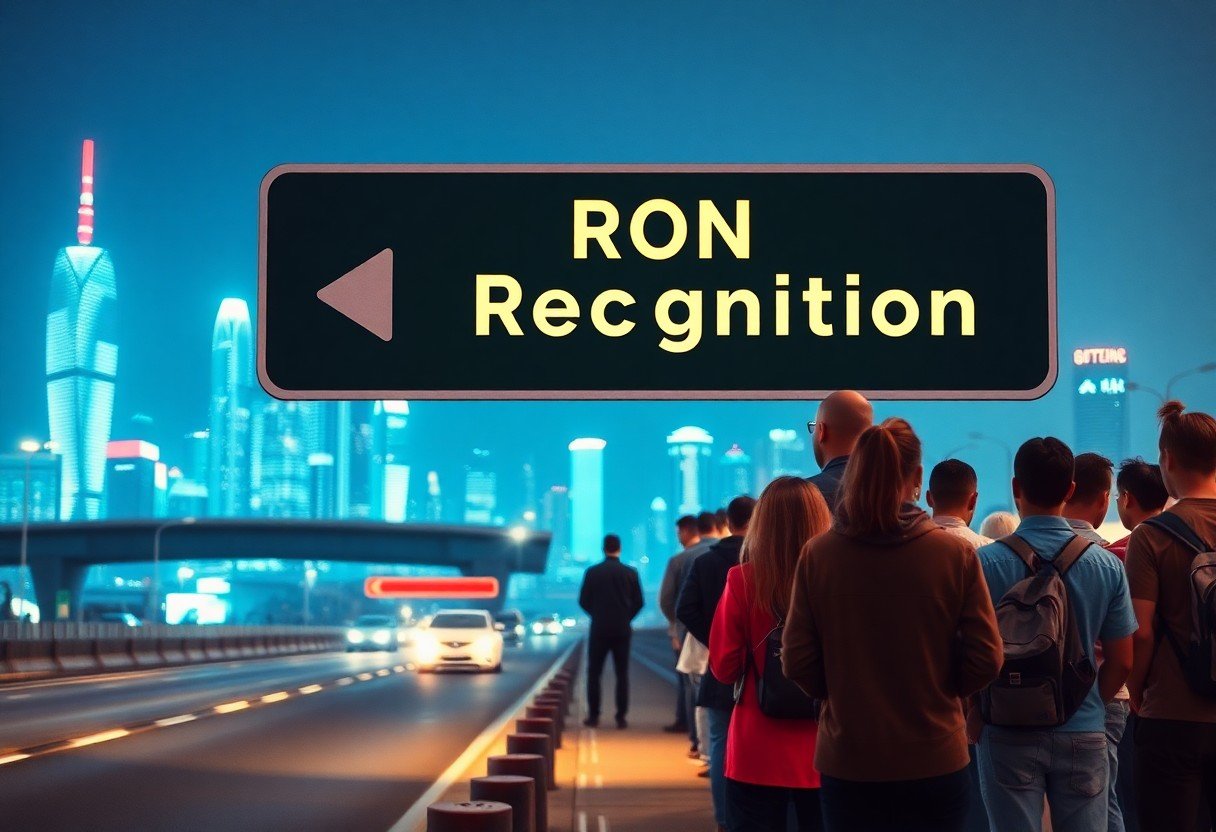Physical Address
304 North Cardinal St.
Dorchester Center, MA 02124
Physical Address
304 North Cardinal St.
Dorchester Center, MA 02124

Uniformity in the recognition of Remote Online Notarization (RON) across states is on the horizon, with 2025 potentially marking a pivotal year for federal standardization. As you navigate the evolving landscape of RON, understanding the implications of interstate recognition and the possible adoption of uniform regulations is important. This post will research into the current state of RON laws, the challenges to achieving consistency, and what federal uniformity could mean for your notarization processes moving forward.
As of 2023, the landscape of Remote Online Notarization (RON) legislation varies significantly from state to state. Over 30 states have enacted laws allowing RON, with varying degrees of acceptance and regulation. Some states have adopted permanent RON provisions, while others have only temporary measures in place that could expire soon. Your ability to utilize RON services largely depends on your location and the specific statutes in your state. This patchwork of laws poses challenges for notaries and consumers alike, creating confusion about which transactions can be completed remotely.
Implementation of RON differs across the states, leading to inconsistencies in how remote notarizations are conducted and recognized. Some jurisdictions require specific technology or platforms, while others allow more flexibility. You may find that while one state has embraced certain software solutions for RON, another may still be operating with more antiquated requirements, impacting the overall efficiency of notarization services.
Remote notaries encounter several hurdles in the current regulatory environment. Inconsistent state laws are just the tip of the iceberg; they also face issues with technology access, client verification, and potential liability. You may find that time-consuming authentication processes hinder efficient service delivery, while differing state requirements complicate cross-border notarization efforts. The lack of a unified federal framework only exacerbates these issues.
The challenges faced by remote notaries are manifold. For instance, you might find it difficult to navigate the varying state laws that can dictate what qualifies as a valid remote notarization. Each state has different standards for identity verification, and some may require specific technological setups that aren’t universally accepted. Additionally, liability concerns can arise for remote notaries who might feel hesitant to perform notarizations if they perceive that their legal protections are ambiguous. Your experience as a user of RON services can vary dramatically based on these inconsistencies, underscoring the need for more cohesive legislative action moving forward.
The evolving landscape of Remote Online Notarization (RON) calls for federal uniformity to ensure that remote notarizations carry the same weight and validity across state lines. With some states adopting varied standards and practices, creating a national framework would streamline operations and protect both consumers and notaries. As explored in Federal Preemption in Artificial Intelligence: …, a cohesive system not only improves security protocols but also fosters trust among stakeholders, facilitating smoother interstate transactions.
Standardizing RON practices can significantly boost economic efficiencies by reducing the time and costs associated with notarization. A unified approach encourages cross-state commerce, allowing businesses to operate more fluidly without the barriers of differing regulations. By simplifying the notarization process, you can expect an increase in productivity and a reduction in the overall cost of transactions, benefiting consumers and businesses alike.
The U.S. Congress holds a pivotal role in establishing federal standards for RON. Recent discussions around legislation indicate a growing recognition of the need for uniformity across states, driven by the increased reliance on remote operations in a post-pandemic world. Crafting legislation that outlines standardized protocols will require a consensus from various stakeholders, including notaries, legal experts, and consumer advocates.
When Congress addresses RON, it must consider the diverse needs of states and the implications for both local and national economies. Existing laws could overlay new regulations to create a comprehensive framework that accommodates varying technological advances while ensuring security and integrity in the notarization process. This may involve collaborating with both state legislators and industry experts to gather input on effective practices. Ultimately, your input and engagement in this legislative dialogue will be vital in shaping how RON evolves within the broader legal framework of the United States.
As the push for standardization in Remote Online Notarization (RON) gains momentum, 2025 is projected to be a pivotal year in this evolution. Anticipating a more cohesive framework, advocates and policymakers are keenly observing developments that could establish a national RON standard. The proposed Secure Notarization Act, for instance, seeks to unify various state laws and streamline the RON process nationwide. For insights on how this may affect your jurisdiction, probe into How does the secure notarization act impact my state?
With bipartisan support, legislative proposals are on the table that could reshape RON norms by 2025. These movements include the introduction of bills aimed at establishing federal guidelines, which can grant more consistency among states and provide clearer legal protections for all parties involved. States will need to adapt their regulatory frameworks accordingly, leading to increased confidence in remote notarizations.
Multiple stakeholders are heavily invested in the outcome of RON legislation. This includes not only notaries and signing services but also financial institutions, real estate professionals, and the end-users of notarized services. A unified RON standard could facilitate smoother transactions, reduce fraud, and enhance overall efficiency across industries.
Financial institutions are particularly concerned, as inconsistent state regulations make it difficult to integrate RON into their operations seamlessly. Real estate transactions, which often hinge on timely notarization, stand to benefit significantly from federal uniformity. Increased certainty in the process can speed up closings and improve customer experiences, making the right legislative decisions imperative for maintaining stakeholder trust and expanding market opportunities. Ultimately, achieving harmony in RON legislation could lead to a more robust, secure, and efficient landscape for all involved.

The journey towards uniformity in Remote Online Notarization (RON) is fraught with challenges that could impede progress. Legal frameworks across states differ significantly, creating confusion and complexity for practitioners and consumers alike. States have their specific regulations, technology requirements, and ethical standards, which complicates the potential for a unified approach. These roadblocks highlight the urgent need for dialogue and collaboration among stakeholders to streamline RON processes while maintaining the integrity of notarial acts.
Regional disparities in RON regulations lead to complications in cross-border transactions. For example, what is permissible in one state may be entirely unacceptable in another, creating confusion for both notaries and their clients. This inconsistency can slow down important legal processes and even create barriers to interstate commerce, particularly affecting individuals and businesses that operate in multiple states. Adapting to these variations is both time-consuming and costly, underscoring the need for a standardized federal approach.
Legal and notary associations often exhibit resistance to sweeping changes in RON regulations, raising concerns about the security and reliability of online notarizations. These organizations fear that a federal uniformity could diminish the traditional roles of notaries and compromise the integrity of notarial acts. Many practitioners worry that, without state-specific regulations to ensure accountability, the potential for fraud and misrepresentation would increase. This tug-of-war can stall progress toward a cohesive framework that could benefit both practitioners and clients alike.
Legal and notary associations are not just cautious; they actively lobby against changes perceived as threats to their established practices. Their influence is significant, as they argue that remote notarization could weaken important protections rooted in personal interactions. Many associations highlight that the human element of notarizations—such as assessing the signer’s identity and intentions—could be compromised in a fully remote environment. The insistence on personal appearance in traditional notarization stems from long-held beliefs about security and trust, making it a complex issue to navigate in the quest for uniformity across states.

Looking ahead, a unified framework for Remote Online Notarization (RON) promises a streamlined experience for consumers and notaries alike. By establishing consistent standards across the states, you could see reduced confusion, improved security protocols, and a more cohesive understanding of RON procedures. This envisioned future could foster greater trust in the notarization process, ultimately encouraging more individuals and organizations to embrace digital solutions.
Federal recognition of RON would usher in numerous benefits that extend beyond mere convenience. National consistency in regulations could enhance reliability and stronger consumer confidence in notarized documents. Standardized processes would likely reduce errors, streamline interoperability, and promote wider adoption among businesses, ensuring that your digital transactions are secure and universally accepted.
Advancements in technology play a pivotal role in achieving uniform adoption of RON across states. By leveraging secure blockchain systems and advanced encryption methods, you could see enhanced security features that cater to standard regulations. Moreover, platforms using artificial intelligence might offer seamless integration for notaries, allowing you to navigate the complexities of compliance effortlessly.
Technology not only streamlines processes but also creates a robust infrastructure that supports consistency. For instance, platforms that utilize blockchain technology can securely document every transaction, making it easy to verify the authenticity of notarized documents regardless of where they originated. Additionally, the development of AI-driven tools could assist notaries in understanding and adhering to varying state laws, ensuring that you are always compliant, no matter where your client is located. As technology evolves, so will the opportunities to enhance the efficiency and security of remote notarization processes, ultimately paving the way for uniform adoption across the nation.
With this in mind, you should be aware that the potential for federal uniformity in the recognition of Remote Online Notarization (RON) by 2025 could significantly impact your legal and business transactions across state lines. The ongoing discussions and proposed legislation highlight a move towards a more standardized approach, which may enhance your ability to conduct notarial acts seamlessly regardless of jurisdiction. Staying informed on these developments will enable you to navigate the evolving landscape of RON effectively, ensuring that your interests are well protected in a digitally advancing world.